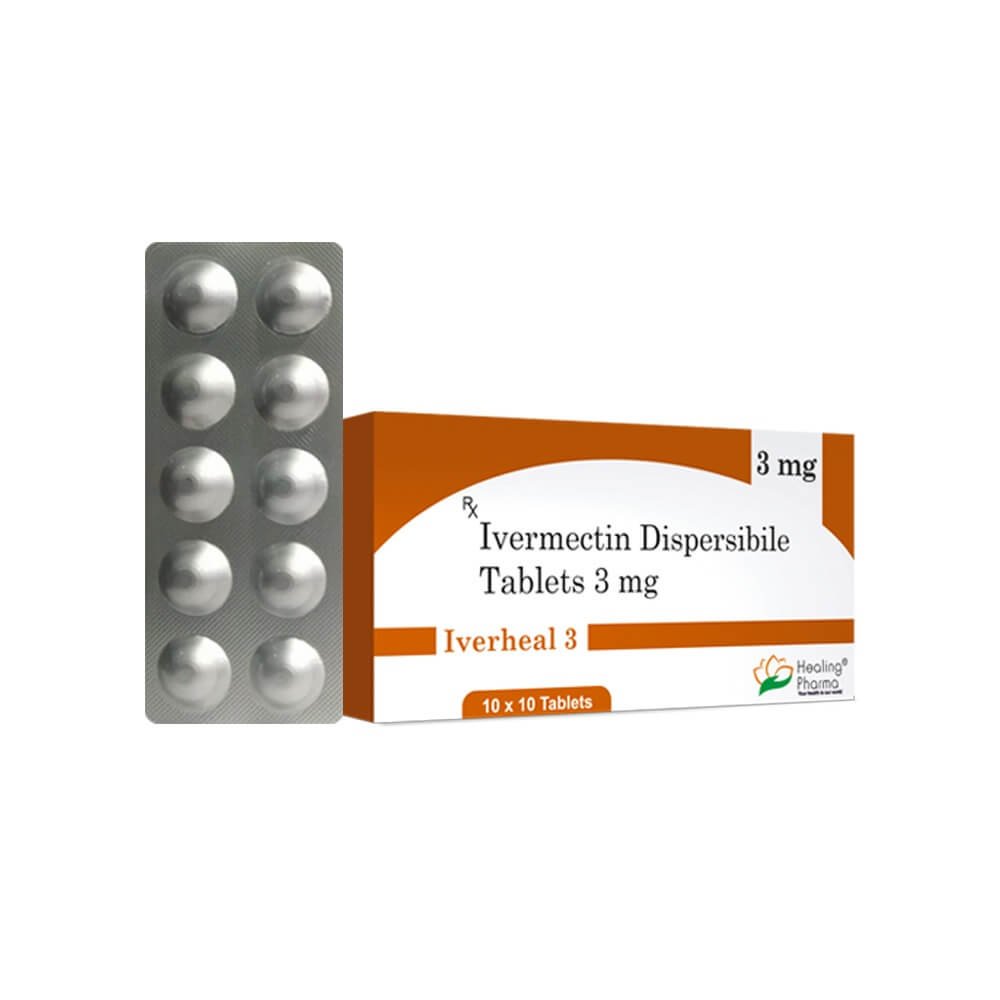Ivermectin is a widely used antiparasitic medication originally developed for veterinary use but later approved for human treatment. It’s included in the World Health Organization’s list of essential medicines, owing to its effectiveness and safety when used appropriately.
This article explores the uses of Ivermectin, its medical benefits, and answers common questions related to its application in various conditions.
How Ivermectin Works
Ivermectin belongs to the anthelmintic class of drugs. It works by paralyzing and killing parasites, including worms, mites, and lice. It interferes with the nervous system of the parasites by binding to glutamate-gated chloride channels, resulting in their paralysis and eventual death.
Top Medical Uses of Ivermectin
1. Treatment of Parasitic Worm Infections
Ivermectin is most commonly used to treat intestinal parasitic infections such as:
-
Strongyloidiasis: A roundworm infection affecting the gastrointestinal tract.
-
Ascariasis (Roundworm infection)
-
Onchocerciasis (River Blindness): Caused by Onchocerca volvulus, this disease can lead to severe skin itching and blindness.
-
Lymphatic Filariasis: Caused by thread-like nematodes, leading to swelling of limbs (elephantiasis).
2. Scabies
Ivermectin is a go-to medication for treating scabies, a contagious skin condition caused by Sarcoptes scabiei mites. It is especially effective in crusted or severe scabies, where topical treatments may fail.
3. Head Lice
Oral or topical ivermectin is effective against head lice (Pediculosis capitis). It is usually prescribed when standard treatments such as permethrin have failed.
4. Rosacea
Topical ivermectin 1% cream is used to treat rosacea, particularly the inflammatory subtype with pustules and papules. It reduces redness, bumps, and inflammation.
5. Off-label and Emerging Uses
-
COVID-19: Ivermectin gained global attention during the COVID-19 pandemic, with studies exploring its antiviral potential. However, major health organizations do not recommend its use for COVID-19 outside clinical trials.
-
Parasitic Eye Infections: Ivermectin is sometimes used for eye infections caused by parasites like Loa loa (Loiasis).
Forms of Ivermectin
-
Oral Tablets: Most commonly used for parasitic infections.
-
Topical Cream or Lotion: Used for skin conditions like rosacea or lice.
-
Injectable Form (Veterinary): Not for human use.
Oral Tablets
Dosage Guidelines
⚠️ Dosage depends on the condition, weight, and patient history. Always consult a healthcare professional.
Common Dosages:
-
Strongyloidiasis: 200 mcg/kg orally once; repeat may be needed after 2 weeks.
-
Scabies: 200 mcg/kg orally, repeated in 7–14 days.
-
Head Lice: Topical ivermectin lotion applied to the scalp and hair.
-
Rosacea: Topical ivermectin 1% applied once daily.
Safety, Side Effects & Precautions
Common Side Effects:
-
Dizziness
-
Nausea
-
Skin rash
-
Diarrhea
-
Muscle pain
Rare Side Effects:
-
Vision changes
-
Seizures
-
Allergic reactions
-
Swelling of lymph nodes (especially in onchocerciasis)
Precautions:
-
Not recommended for pregnant or breastfeeding women unless clearly needed.
-
Use with caution in individuals with liver disorders.
-
Avoid using veterinary-grade ivermectin for human treatment.
Drug Interactions
Ivermectin may interact with:
-
Warfarin (may enhance bleeding risk)
-
Benzodiazepines
-
Other antiparasitic drugs
Always inform your doctor of any medications or supplements you’re taking.
Who Should Avoid Ivermectin?
Avoid ivermectin if you:
-
Have known allergies to the drug
-
Are pregnant or breastfeeding (unless advised)
-
Have neurological disorders or severe liver problems
-
Are taking certain medications that may interact
Ivermectin for Pets vs. Humans
While Ivermectin is used in animals for conditions like heartworm or mites, human ivermectin is formulated differently. Never take animal-grade ivermectin—it can cause toxicity and death in humans.
Frequently Asked Questions (FAQs)
Q1. Is ivermectin safe?
Yes, when used as prescribed. It’s considered safe and effective for various parasitic infections.
Q2. Can I take ivermectin for COVID-19?
As of now, the FDA and WHO do not recommend ivermectin for COVID-19 outside of approved clinical trials.
Q3. Can Ivermectin be used to prevent infections?
In some endemic regions, ivermectin is given as part of mass drug administration (MDA) campaigns to prevent diseases like onchocerciasis and lymphatic filariasis.
Q4. Is it available over the counter?
In most countries, ivermectin requires a prescription.


